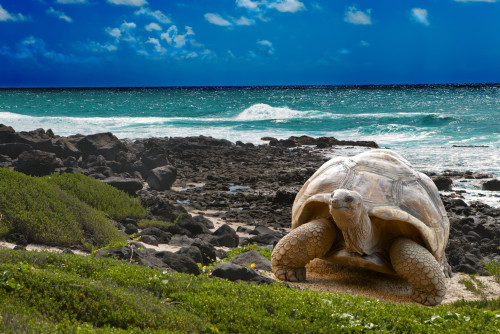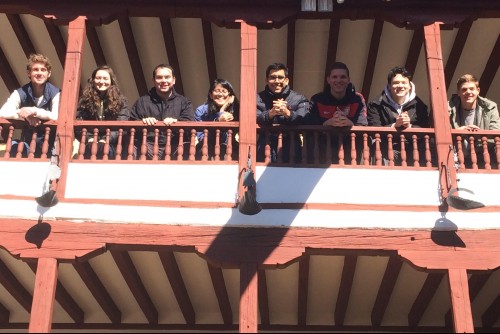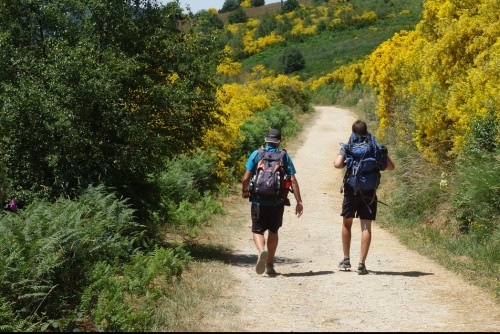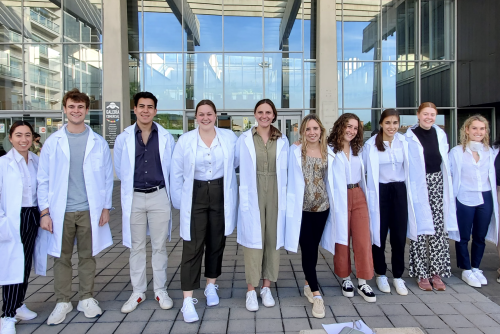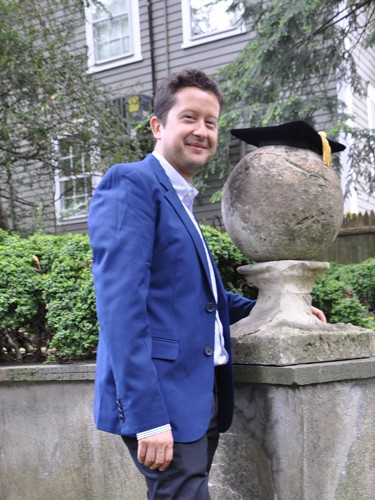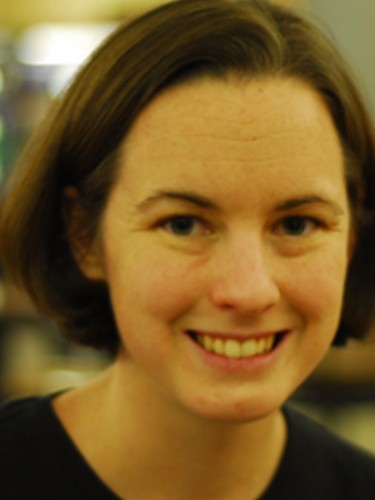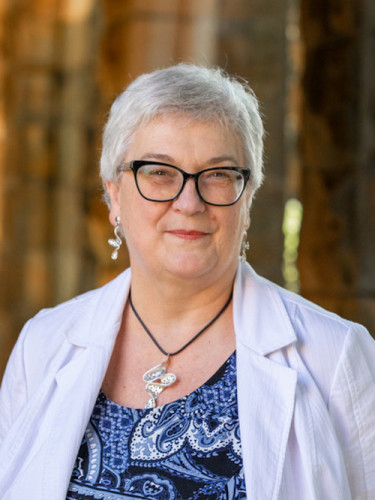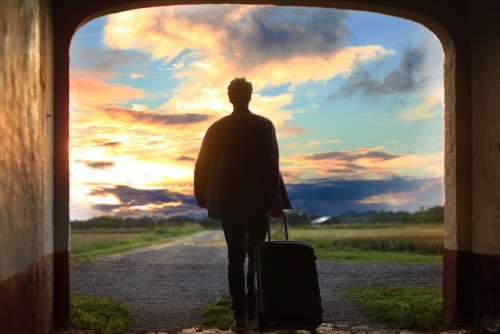Spanish at Sewanee
Studying Spanish at Sewanee gives you language skills, access to Spanish-speaking cultures, improved cultural literacy, intercultural communication competency, a deeper understanding of the political, social, and intellectual history of Europe, Latin America, and the United States, better writing and problem-solving skills, and the ability to analyze texts, film, art, and other forms of cultural expression.
With about 500 million native speakers, including more than 40 million in the United States, Spanish is one of the most commonly spoken languages in the world and the non-English language most in demand for employment. Knowing Spanish will open up opportunities to work, study, research and travel abroad and domestically and to meet people from different cultural backgrounds. Some of our majors and minors are most interested in gaining linguistic proficiency; others want to experience life-changing works by great artists from Miguel de Cervantes to Pedro Larraín. Our program provides students the best of many worlds.
Spanish department faculty hails from Latin America, Spain, and the U.S., speaks with a variety of regional accents, and teaches and conducts research in a wide range of geographies, time periods, and critical approaches. We teach Spanish at every level, from introduction to the language to advanced seminars in literature and culture.
Spanish beyond the classroom
Students at Sewanee will find many opportunities for Spanish language immersion and cultural experiences outside the classroom. Students can work the University farm, do yoga, or eat lunch while practicing Spanish. Our students have sung karaoke in Spanish, run with (fake) bulls, and reenacted the game show Sábado gigante.
At the Spanish House, six undergraduate residents live in a communal setting overseen by a graduate native speaker. The house sponsors a weekly Spanish language table at the dining hall and hosts cultural and social activities on campus. The department employs a team of tutors and conversation partners offering help and opportunities for meaningful communication. University faculty, staff, and independent student groups regularly organize guest speakers, art exhibits, film screenings, and other events related to Spanish-speaking and Latinx culture. The E.L. Kellerman Language Resource Center further supports Spanish students. Our community engagement course partners with Latinx community groups a short drive from Sewanee.
First Destinations: Spanish Majors
Sewanee graduates secure positions in a variety of fields. Some you would expect, others are a bit of a surprise. Sewanee prepares you for your profession and your passion. Below is a sampling of recent graduates' first jobs.
- Curatorial intern, Whitney Museum of American Art, New York City, New York.
- Auxiliar de conversacion, North American Culture and Language Assistants, Oleiros, La Coruña, Spain.
- Spanish teacher, Virginia Episcopal School, Lynchburg, Virginia.
Graduate School & Pre-Professional Programs: Spanish Majors
Sewanee graduates enjoy extraordinary acceptance rates to top graduate and pre-professional programs–about 95 percent to law school and over 85 percent to medical school. Below is a sampling of where Sewanee grads continue their education.
- M.S. in biomedical science, Rosalind Franklin University, Chicago, Illinois
- M.S. in physiology and biology, Georgetown University, Washington, D.C.
- J.D., Georgetown University School of Law, Washington, D.C.
